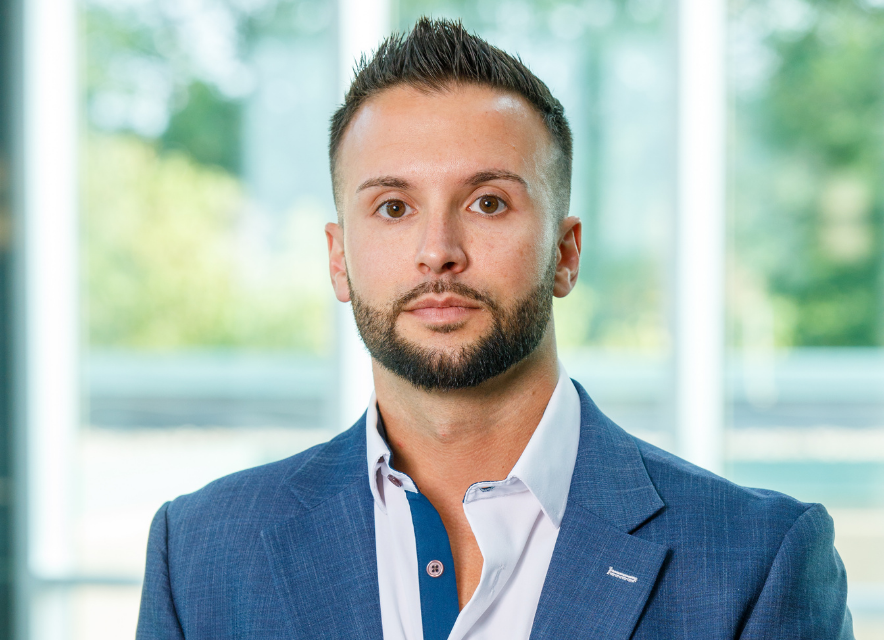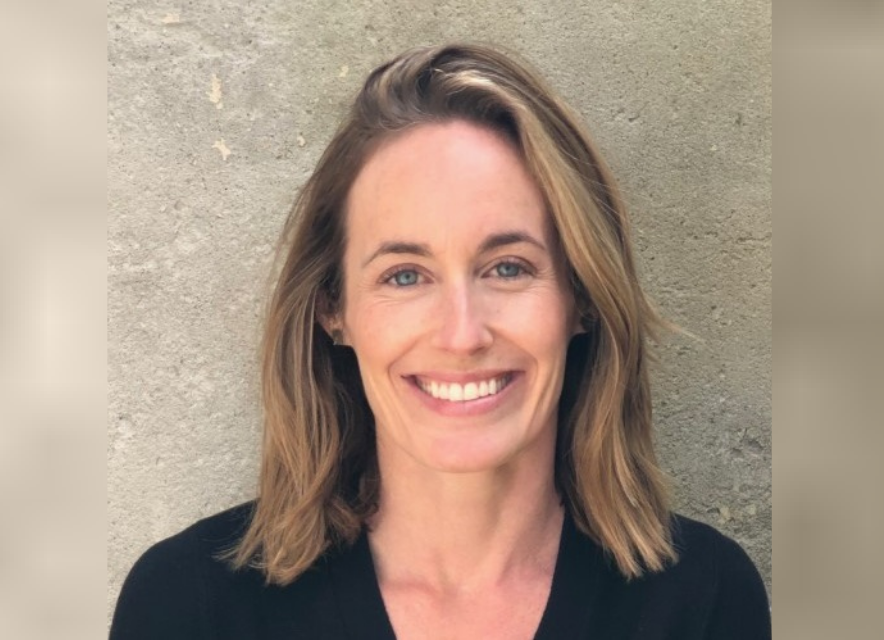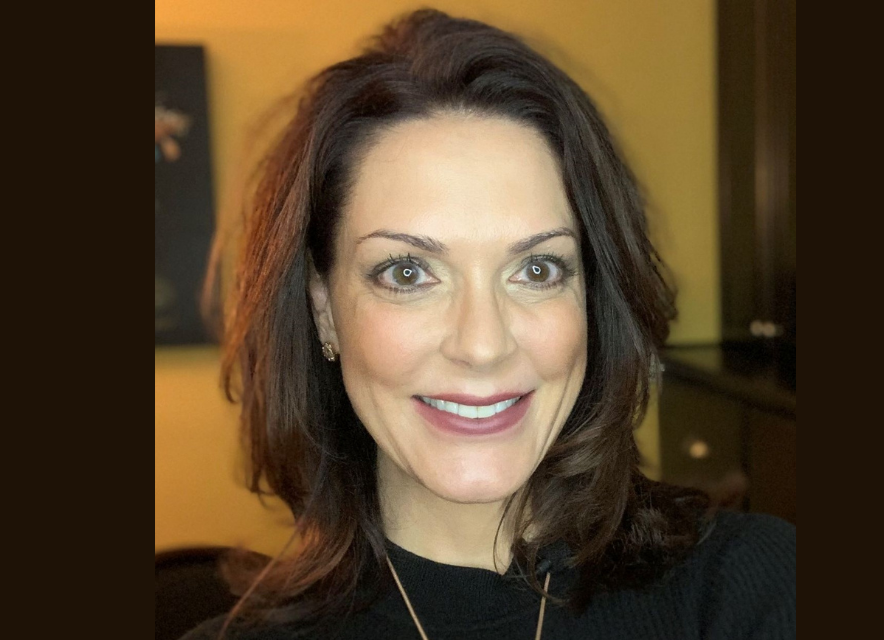Podcast: Play in new window | Download
Subscribe: RSS
Peter Atwater is a researcher, speaker, writer, university professor, President of Financial Insyghts LLC, and an expert in the psychology of confidence. Specific to this episode, he is an expert on how your brain changes when you lose confidence. Everyone is familiar with the idea of overconfidence. On this episode we talk about under confidence. And how to coach clients in a way that connects with people, even when they are extremely nervous.
Take away quote:
“People are reassessing that their risk tolerance was A and now it’s Z. And that’s perfectly natural.”
Bonus Bio: Josh Patrick’s focus in life is helping private business owners create extraordinary value with their businesses and lives. He helps create great outcomes using life experiences he has had during his almost forty years of running and being around his favorite people, private business owners. Josh is a student, an entrepreneur and a curious observer of life.
Show Timeline:
6:40 What is confidence and where does it come?
09:31 What is under confidence and how does it affect people?
13:05 Reassessing Risk Assessment, steps to reduce risk
15:10 When is the time to discuss risk with clients?
18:40 Understanding the ‘Me, Here, Now’ Mode and the needs of your audience
24:03 Ways to deal with a client’s lack of confidence in advisor due to emotion
27:51 Understanding the shift from financial to personal vulnerability
29:36 Recommended steps for advisors to address under confident clients
35:06 Principles for talking with clients in a difficult state
39:04 How to turn a client from emotionally charged to neutral
Links:
Peter Atwater
Websites: https://peteratwater.com/
LinkedIn https://www.linkedin.com/in/peter-atwater-08467034/
Articles: Confidence and the Coronavirus: https://www.linkedin.com/pulse/confidence-coronavirus-peter-atwater/
Confidence and the Coronavirus Part 2: https://www.linkedin.com/pulse/coronavirus-confidence-part-2-peter-atwater/
Josh Patrick
Website: www.sustainablebusiness.co www.stage2planning.com
Want more?
Stephen Wershing: http://advisorchecklist.com/blog/
Julie Littlechild: www.absoluteengagement.com/blog/
Episode Transcript:
Steve Wershing:
Welcome to Becoming Referable, the podcast that shows you how to become the kind of advisor people can’t stop talking about. I’m Steve Wershing. As this episode is being recorded, we are experiencing a market that is unlike anything that we have experienced for about 10 or 12 years. The market is down 25 to 30% from its peak, and advisors are having to consult with clients who may be in a difficult situation. They may be nervous, they may be scared, and they may want to do things that are not in their long term best interest.
Steve Wershing:
So on this episode we want to give you some guidance on how to have those kind of conversations. The kind of service we provide in these kind of situations means far more than anything that you can do when times are good. Coaching people through difficult times is the best way to provide them the most service in their long-term financial plan, and of course will do more for client loyalty and referrals than the best kind of service you can provide when times are good.
Steve Wershing:
On this episode, we talk with Peter Atwater. Peter is a researcher, speaker, writer, adjunct professor at William and Mary and the University of Delaware, and the president of Financial Insights. Atwater is an expert in the subject of confidence. He is the author of Moods and Markets: A New Way to Invest in Good Times and in Bad, and has done extensive research on what confidence is, where it comes from, and more important to our conversation, what happens to people when they find themselves in a state of under-confidence.
Steve Wershing:
Advisors are currently facing clients who are experiencing severe episodes of what Atwater would call under-confidence. When dealing with clients in this state, it’s really important to remember certain principles of how people in this state are different than they are normally. Their perception of the world is different, their perception of the future is different. Their cognitive levels decline. They just make decisions differently than they would when times are good, and we need to know how we can communicate with folks in this state, because it is different than communicating with people in an objective, dispassionate way when there aren’t these kind of stresses going on.
Steve Wershing:
We talk about risk assessment tools and how we may need to make adjustments to the portfolios that, despite what their risk profile says. We talk about how to facilitate what may be a non-optimal strategy in terms of adjusting a portfolio, in the hopes of preventing a catastrophic mistake, which would be something like going to cash. Peter gives us specific tips on how to talk with clients who are experiencing nervousness and even fear.
Steve Wershing:
There’s also a bonus at the end of this episode. We have a short conversation with Josh Patrick, who is a repeat guest on this podcast. You may remember Josh from prior episodes. Josh is the founder of Ask Josh Patrick, and the president of Stage 2 Planning. He is a financial advisor and a coach to financial advisors, and so we wanted to check in with Josh to get some ideas on step by step, how we go through a conversation with nervous clients to help calm them down and help keep them on the straight and narrow as we navigate our way through this difficult market.
Steve Wershing:
I hope that there’s a lot of value for you in this episode. I got a lot of really interesting guidance and information from this, and with any luck, it will help you have more productive conversations as you guide clients through this difficult time. Without further ado, let’s get to our conversation with Peter Atwater.
Steve Wershing:
Peter Atwater, welcome to the Becoming Referable podcast. Thanks so much for joining us.
Peter Atwater:
Happy to be here.
Steve Wershing:
Our audience is financial advisors, and right now the markets are a real roller coaster. You have an analogy for that, so what have you learned about confidence by studying people on roller coasters?
Peter Atwater:
What I’ve learned is that as the roller coaster goes up to the top, just before it begins the descent, if you were to ask people what they’re thinking about, the uniform response you’re going to receive, even among roller coaster enthusiasts, is, “It’s all about me here now.” I think that’s a really important aspect of what we’re seeing behaviorally today. We may not be at the top of the roller coaster. I think for some it feels like the coaster is now coming off its wheels, coming off the track.







Leave A Comment